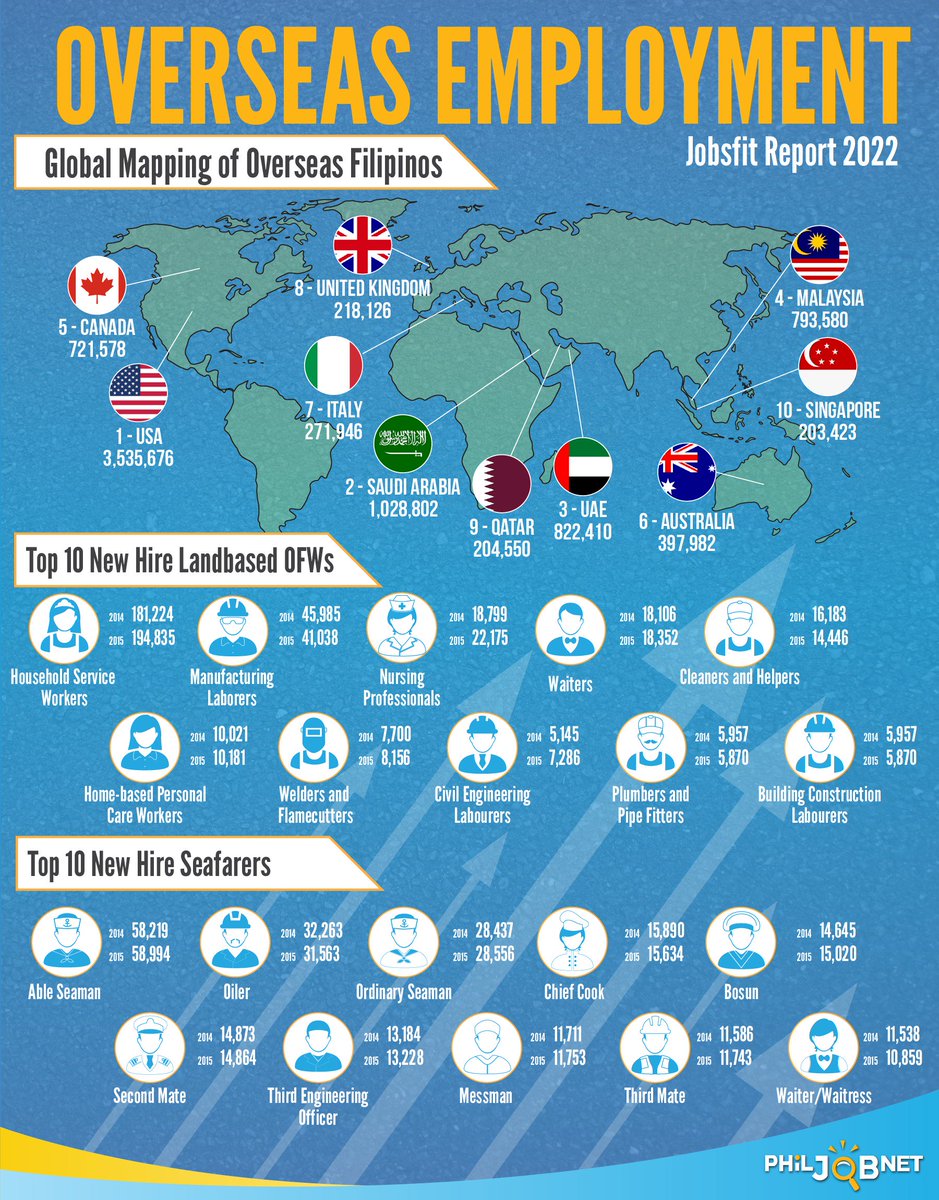In Pei-Chia Lan article "Legal Servitude and Free Illegality: Migrant "Guest" Workers in Taiwan", the author talks about the use of OCWs or overseas contract workers going to other countries for work. It talked about how these workers were were doing these dirty, dangerous and difficult jobs (referred as the 3 D's in the article) as they paid more than what they had in their home country. The author talked about how workers are indebted because they were tied to the contract that they signed in order to come to the country to attain the job. This leads to some worker fleeing from the job because they were mistreated or abused when they were working for the employer. I honestly see this as a direct comparison to OFWs or overseas Filipino workers as their conditions resemble the style of OCWs in Taiwan. They had to find a job outside the country in order to support their loved one back home with the use of remittances. However, I did not know that this was another way of citizenship because these "guest workers" in the article can flee within their country. In America, this would have never happened because of the quota system being enforced strictly yet it is still surprising that the can flee with the right set of circumstances. It feels like it is a benefit for the country as they regain money from these workers as they are exporting them out and attaining the gross capital from this commodity,
So why is there like a divide between other OCWs and Filipinos? Is it because Filipino workers are commonplace and they can be hired cheaply? Why the cultural divide?
Image: An infographic of overseas workers that predicts the growth of workers until 2022 by PhilJobNet, the Philippine government's official web-based labor market information and job search, matching, and referral portal
Works Cited
Pei-Chia Lan, “Legal Servitude and Free Illegality: Migrant “Guest” Workers in Taiwan.” Asian Diasporas.

No comments:
Post a Comment